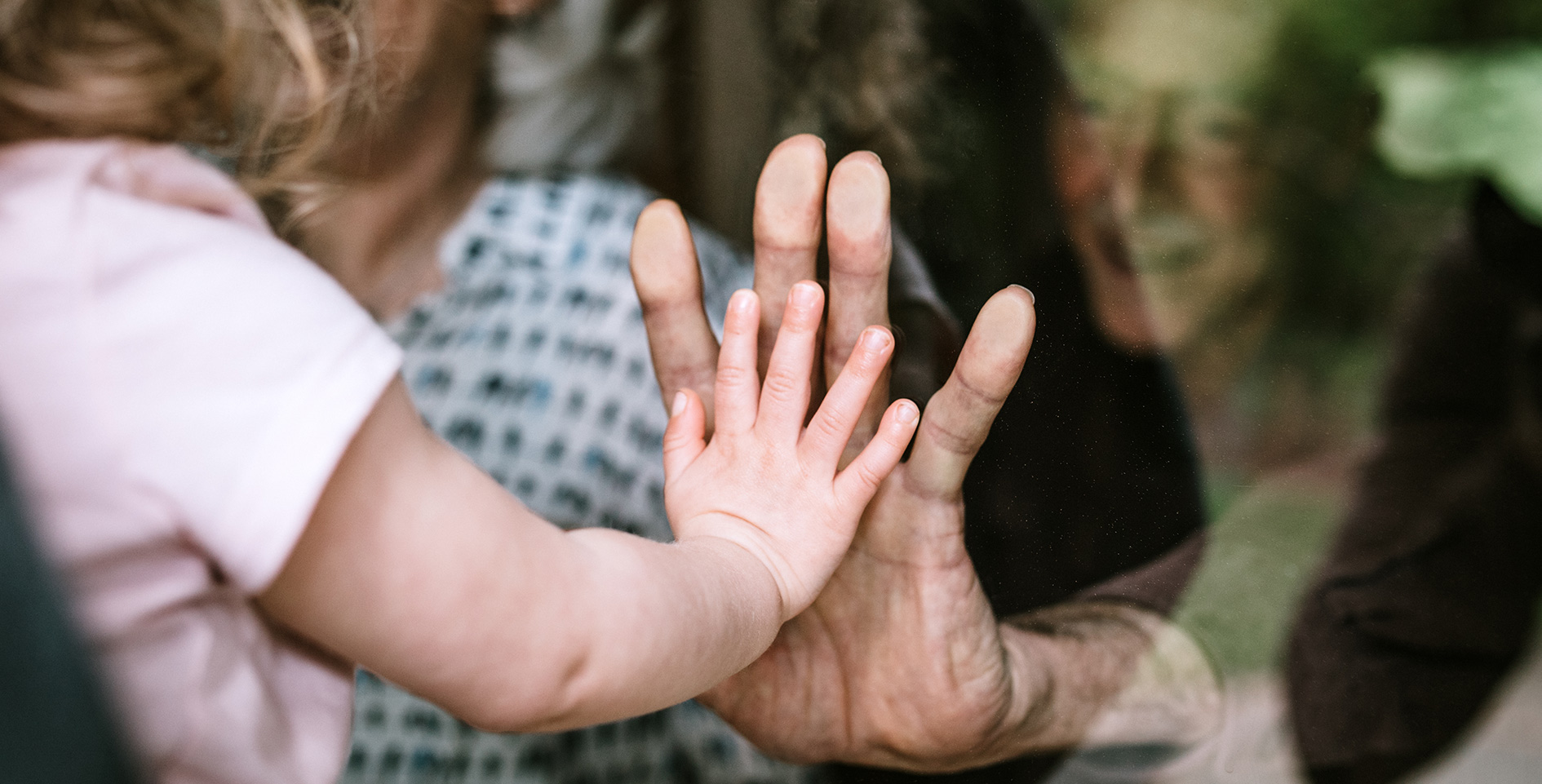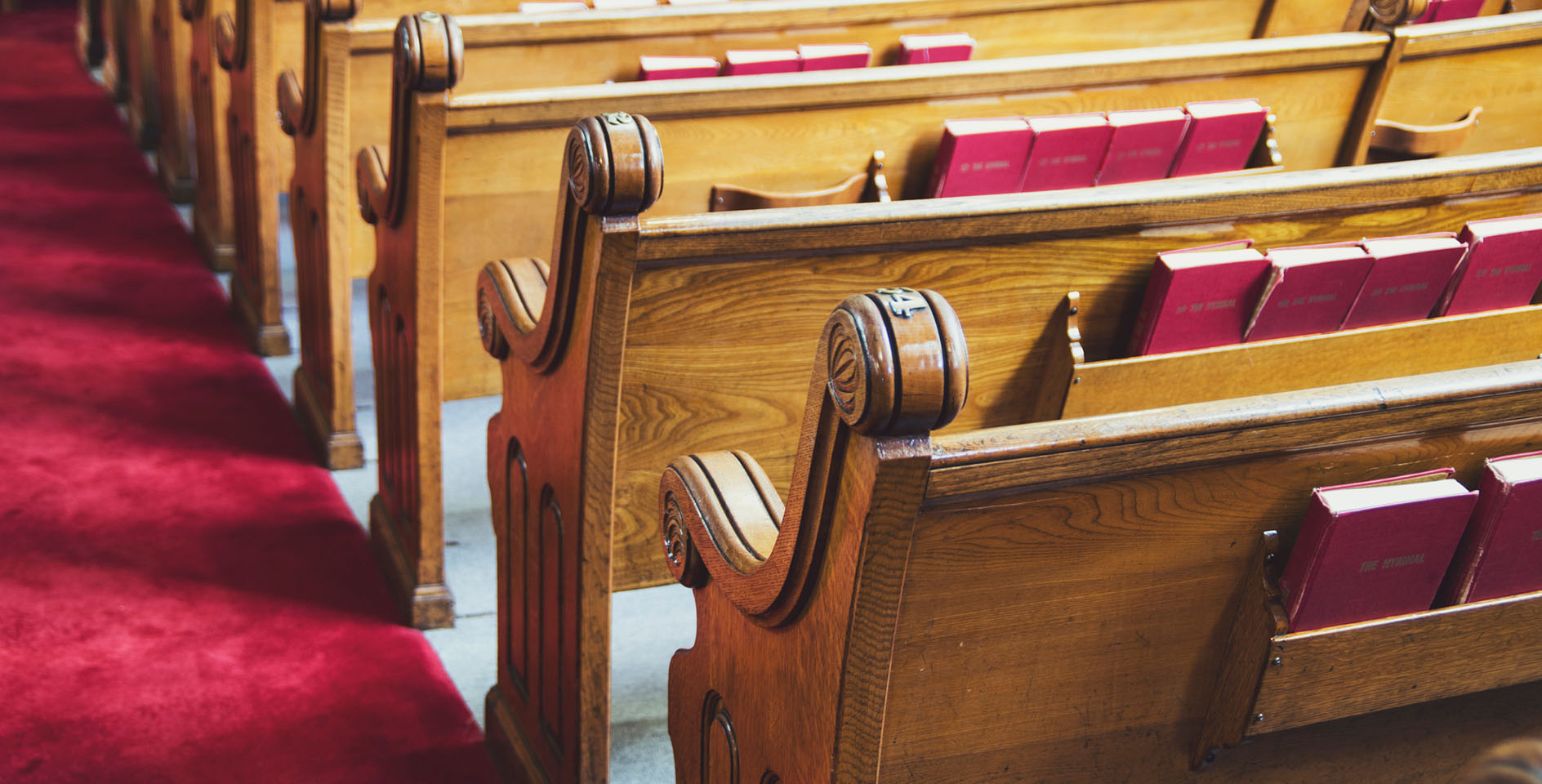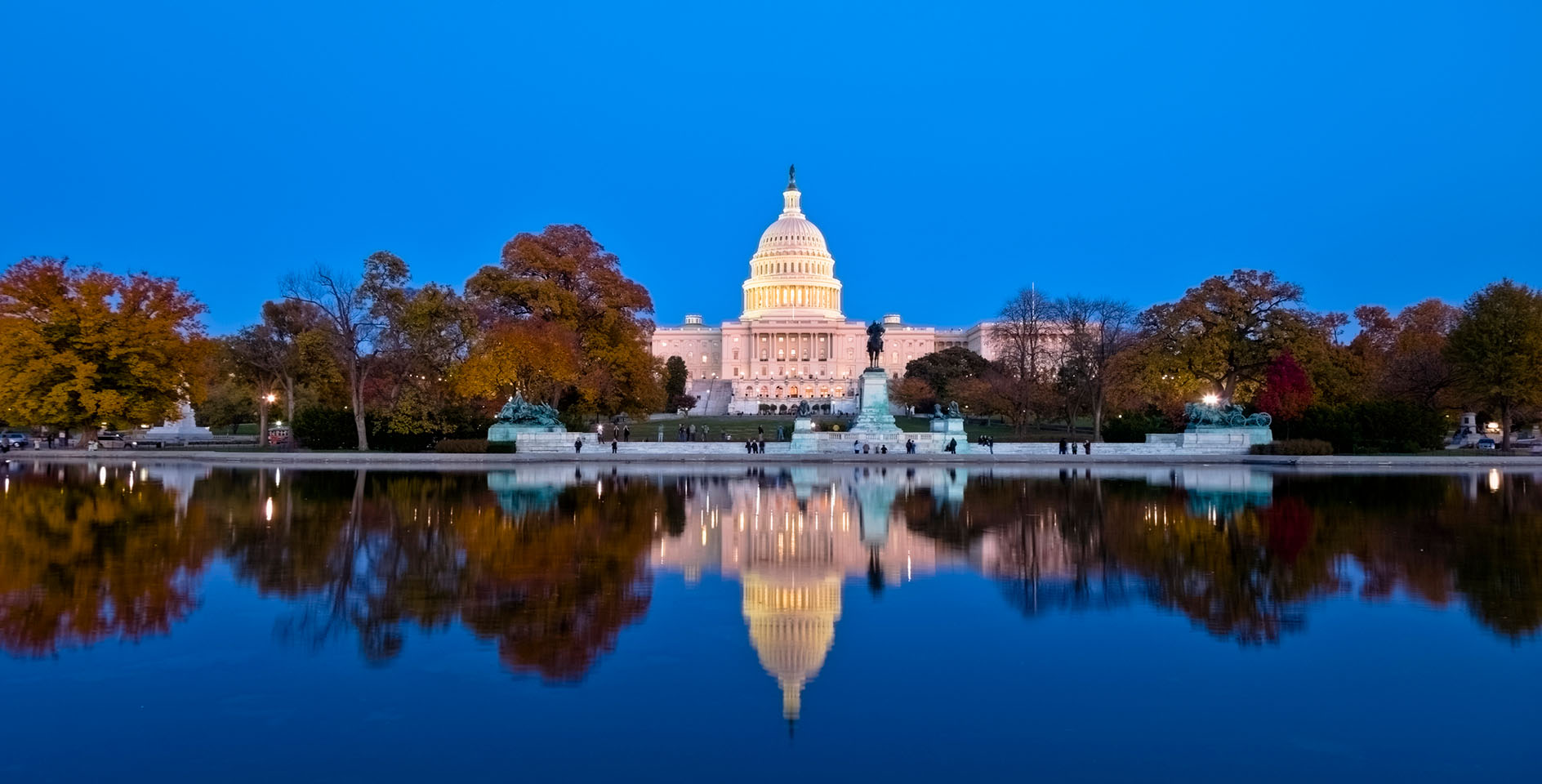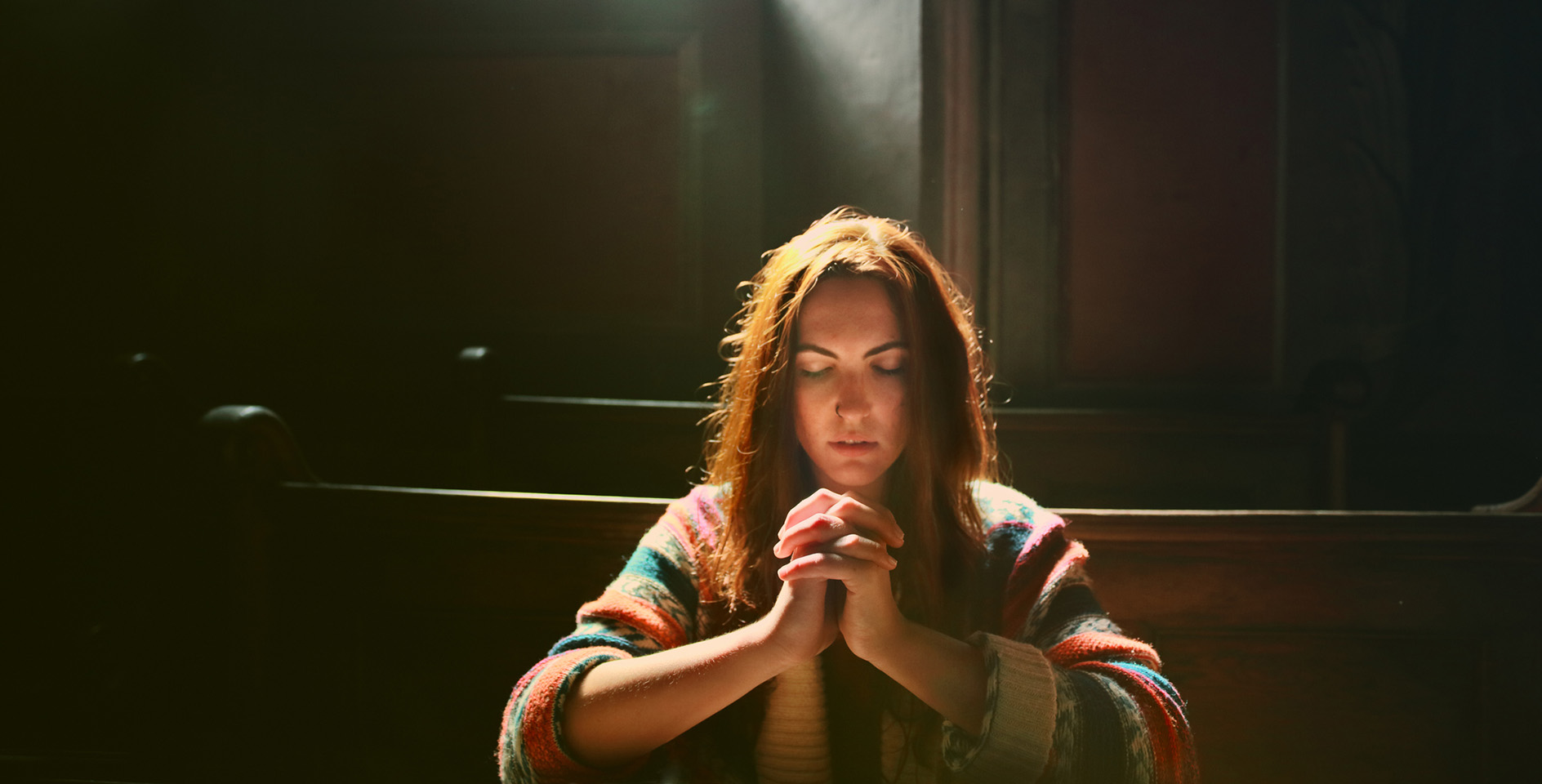On March 11, 2020, the World Health Organization (WHO) declared the coronavirus outbreak a pandemic. At that time, the novel coronavirus responsible for causing COVID-19 had spread from the Chinese city of Wuhan to every continent except Antarctica, infecting more than 121,000 people and causing 4,300 deaths. One year later, the virus has infected 118,908,424 people around the globe, killing 2,636,186—including 542,477 Americans.
Few of us had ever faced a crisis quite like this before, and were unsure how to address the myriad concerns that came with the pandemic. How do we decide whether to close our church building? How do we serve our neighbors who are serving from loneliness during a quarantine? How do we know we can trust vaccines that were created so rapidly?
Over the past year the ERLC has produced nearly two hundred resources to help families and churches answer questions like these. We’ve produced articles to help you stay informed about vaccines, identify potential threats to religious liberty, and learn creative ways to serve our neighbors. Here are some of the highlights from our coverage during the year of COVID-19.
Resources on serving our neighbors
“Neighboring is hard, especially in a pandemic,” said Stephen Stallard. “As Christians, we are called to love our neighbors as ourselves (Mark 12:31). Yet, the challenges of a pandemic have many of us shrinking back from our neighbors.” Despite the fear, loneliness, and frustration that resulted from lockdowns, quarantines, and social distancing, Christians continued to find a way to show love for our neighbors.
- 3 ways to engage our neighbors during a pandemic
- Christians are called to love those affected by the coronavirus
- How Christians can care for displaced college students
- 7 ways to love our neighbors while socially distanced
- What does a Christian owe their neighbor in a time of crisis?
- How should Christians engage with their unbelieving neighbors during COVID-19?
- How you can remember prisoners during the coronavirus outbreak
- How to help during the rise of domestic abuse due to social isolation
- 7 ways to serve our immigrant and refugee neighbors during a pandemic
- Why Christians continue to serve while being maligned
- How you can serve your community during a pandemic
- How churches can serve those facing eviction during the pandemic
- 3 ways to serve your teacher during the pandemic
- 5 ways to care for the elderly through COVID-19
- How to support children and families facing extreme poverty due to COVID-19
Resources on church, state, and religious liberty
“Ever since it first became apparent that efforts at ‘social distancing’ were likely to affect the ability of churches to gather,” wrote Josh Wester, “one of the first questions on the minds of many pastors and ministry leaders were concerns about religious liberty.” Finding the answer to such questions was not always easy. But ERLC produced nearly a dozen resources that helped pastors and churches think about how to comply with government mandates without sacrificing their freedom.
- Does it violate religious liberty to close churches over coronavirus?
- Thinking about religious liberty and love of neighbor during a crisis
- Do SBA-backed loans violate the separation of church and state?
- Religious freedom and the SBA Paycheck Protection Program
- What can the D.C. church response to the 1918 flu pandemic teach us now?
- What shocks Russell Moore about COVID-19 church-state disputes
- Explainer: Should the government jail pastors for violating COVID-19 restrictions?
Resources for the local church
“I firmly believe that God places us in a community not just to cultivate people in the pews or seats of the worship center, but to be “salt and light” in that community,” says Rolland Slade, the senior pastor of Meridian Baptist Church in El Cajon, California, and the first black chairman of the Southern Baptist Convention’s executive committee. Since the pandemic began, local churches have been at the forefront of helping our communities. But our congregations have also struggled to adapt to the challenges that come from “doing church online.” ERLC created several resources to help church leaders think creatively about the problems they face during a time of pandemic.
- How to creatively continue ministry amid COVID-19 restrictions
- 3 ways the local church is ready for challenging times
- How churches can promote mental health through the coronavirus pandemic
- 6 tips for “doing church online”
- How the church can respond to the coronavirus
- When will our church buildings reopen?
- 12 things to consider when reopening your children’s ministry
- What should churches do as they consider reopening after the coronavirus?
- Why I am thankful for my pastor’s leadership during COVID-19
Resources on vaccines
At this time last year, the National Institute of Health was announcing that the first participants in a clinical trial were testing a new form of vaccine using mRNA. A year later, almost 10% of the American population has been vaccinated. The rapid distribution of vaccines has been aided, in part, by churches across the country serving as vaccine sites. “Churches have often been a cornerstone in the fight against inequities and a trusted source of information and guidance during troubled times,” writes Deborah Barfield Berry of USA Today. “During the pandemic, vaccinations have become the latest public service in a health and economic crisis that has seen places of worship offer canned food, clothing, housing and other assistance.”
Throughout the creation and development of these historic vaccines, the ERLC has been working to keep Christians informed about such issues as how they were developed, how they work, and how to think about potential ethical concerns.
- Common questions about the COVID-19 vaccine
- Explainer: When can I receive the COVID-19 vaccine?
- Explainer: How the COVID vaccines were developed so quickly
- Explainer: What you should know about COVID-19 antivirals and vaccines
- Explainer: What you should know about the COVID-19 RNA vaccines
- Explainer: COVID-19 raises concern about abortive fetal cells in medicine
- How vaccines protect the vulnerable









